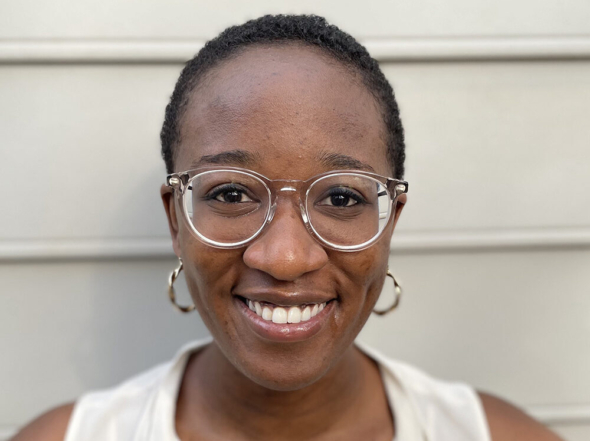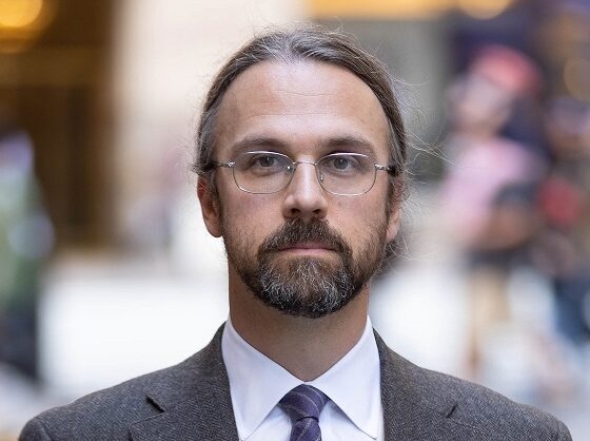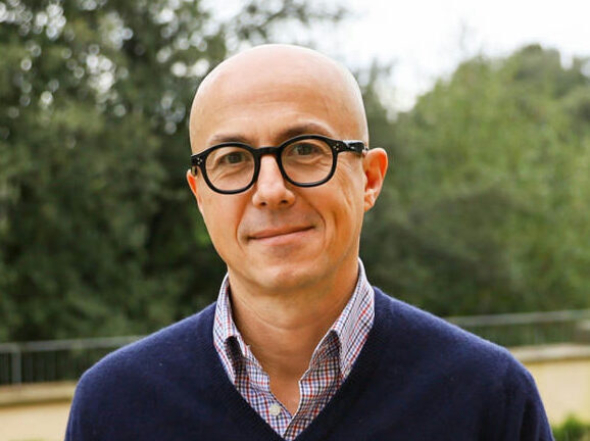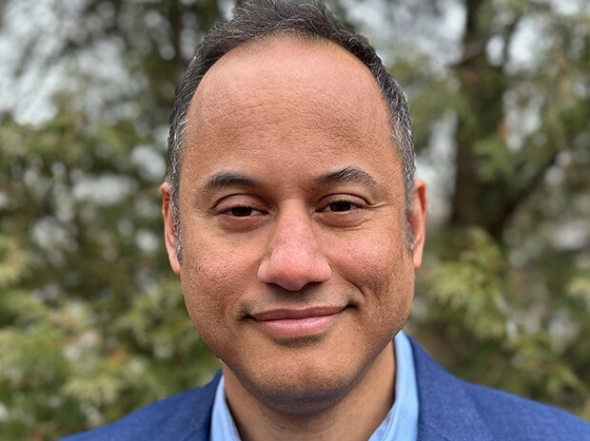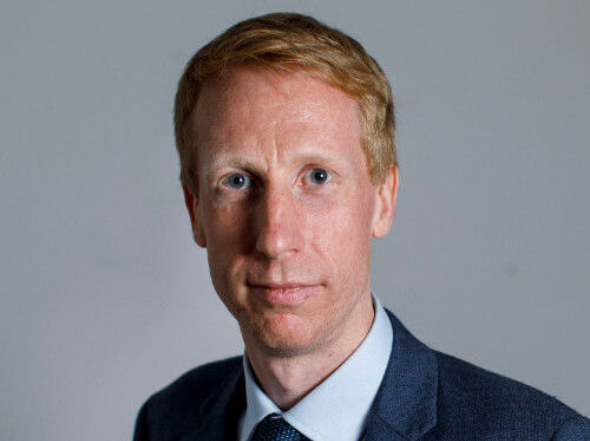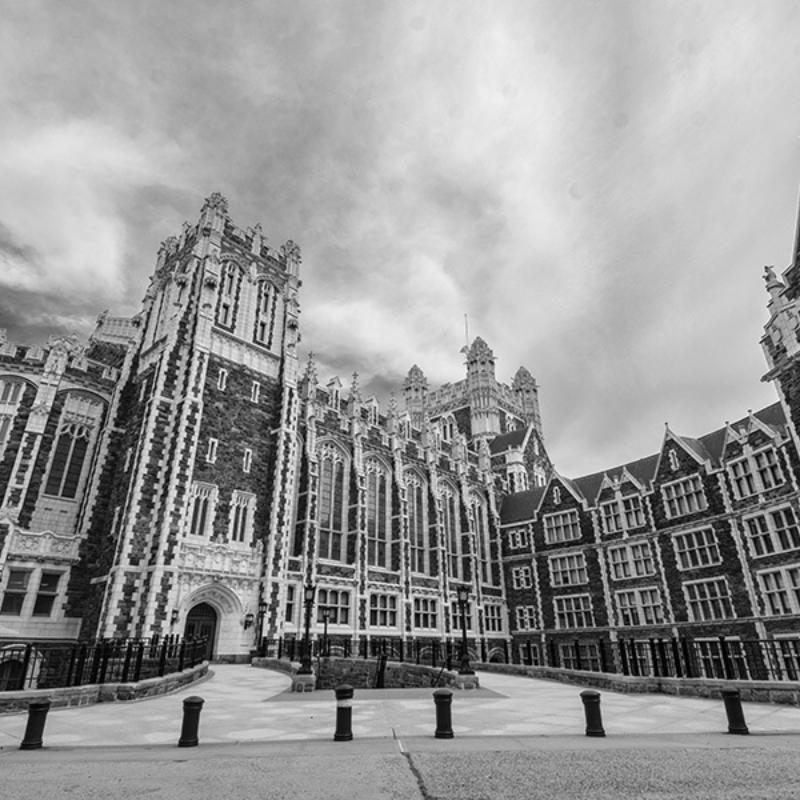
2024 Public Scholars
Welcoming Nine Visionary Thinkers
We are delighted to announce the second cohort of the Moynihan Public Scholars Fellowship. These scholars stood out among a pool of nearly 150 applicants for their innovative ideas and their commitment to public scholarship. Each fellow will receive an unrestricted award and spend up to one year researching, writing, and contributing to the vibrant intellectual community at The City College of New York.
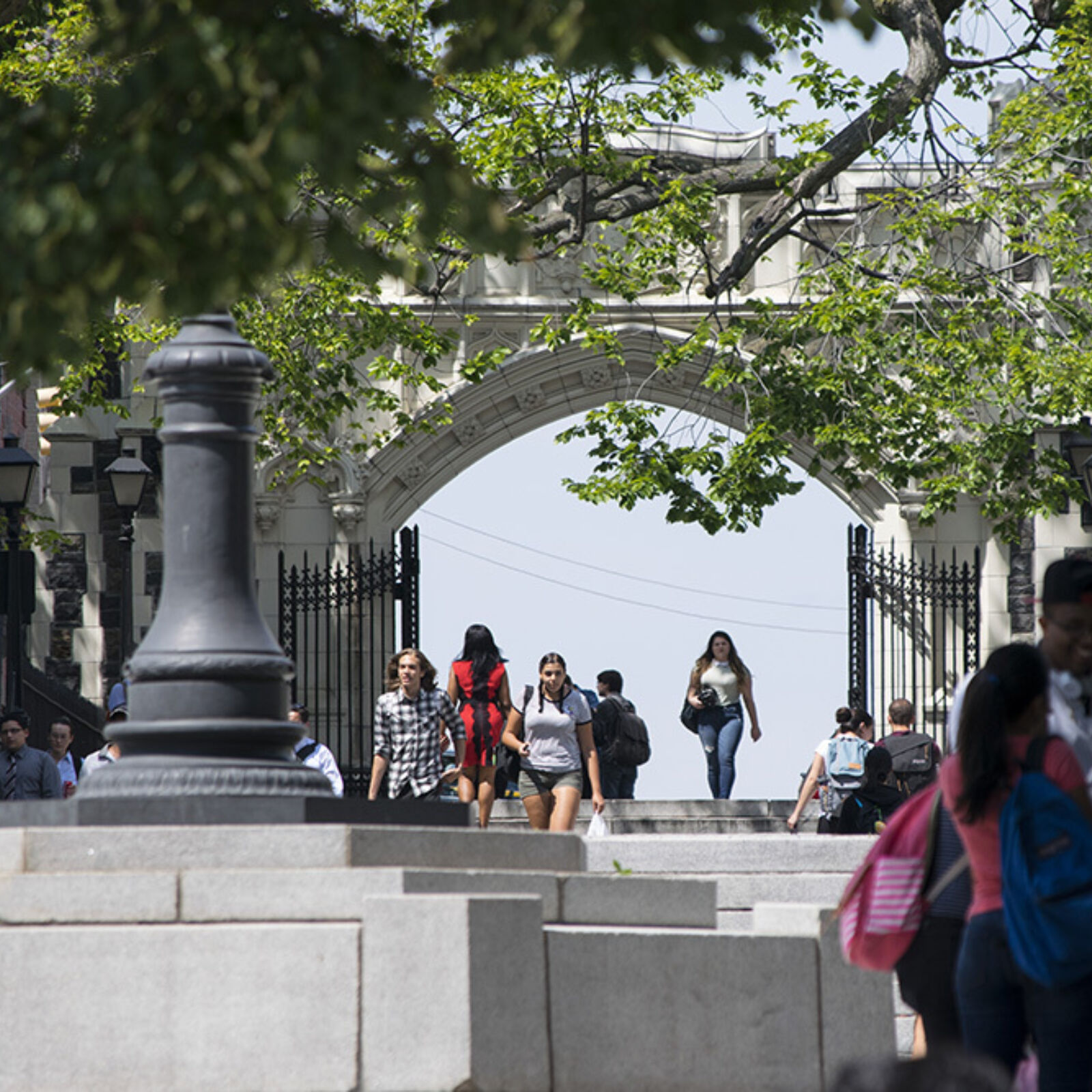
Diversity of Thought, Unity of Purpose
While each individual Moynihan Public Scholar is remarkable, each cohort also stands out for the breadth of projects and perspectives that it embodies. Such intellectual diversity represents the challenge and the promise of American democracy, and the Public Scholars Fellowship offers a testing ground for novel ideas in dire need.

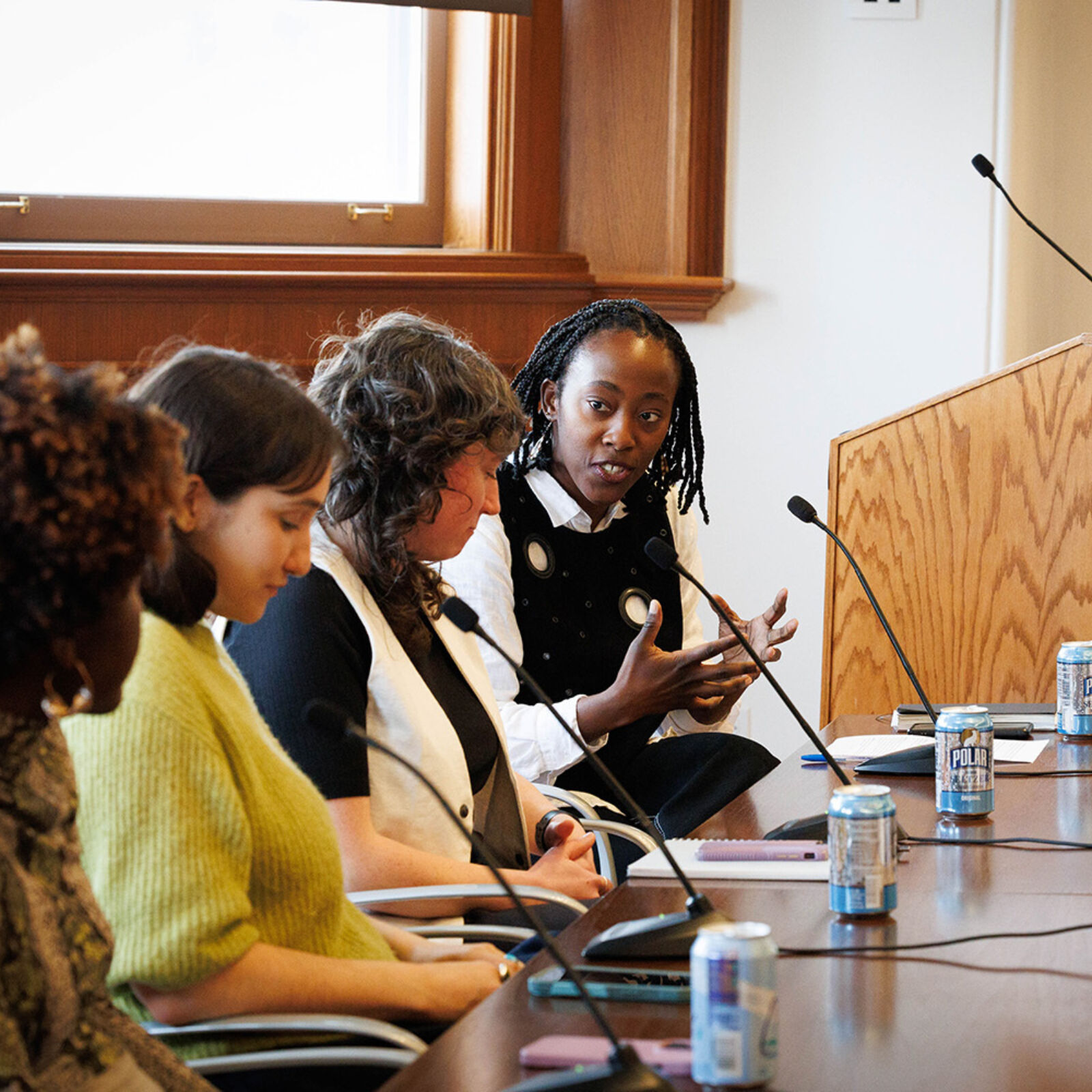
Scholarship, Practice, Engagement
Moynihan Public Scholars are intellectual leaders who meet at the intersection of innovative academic research, concrete political practice, and effective popular communication. Each Public Scholar is committed to critical—and even heterodox—thinking aimed at the pursuit of the common good in the context of an open society.










